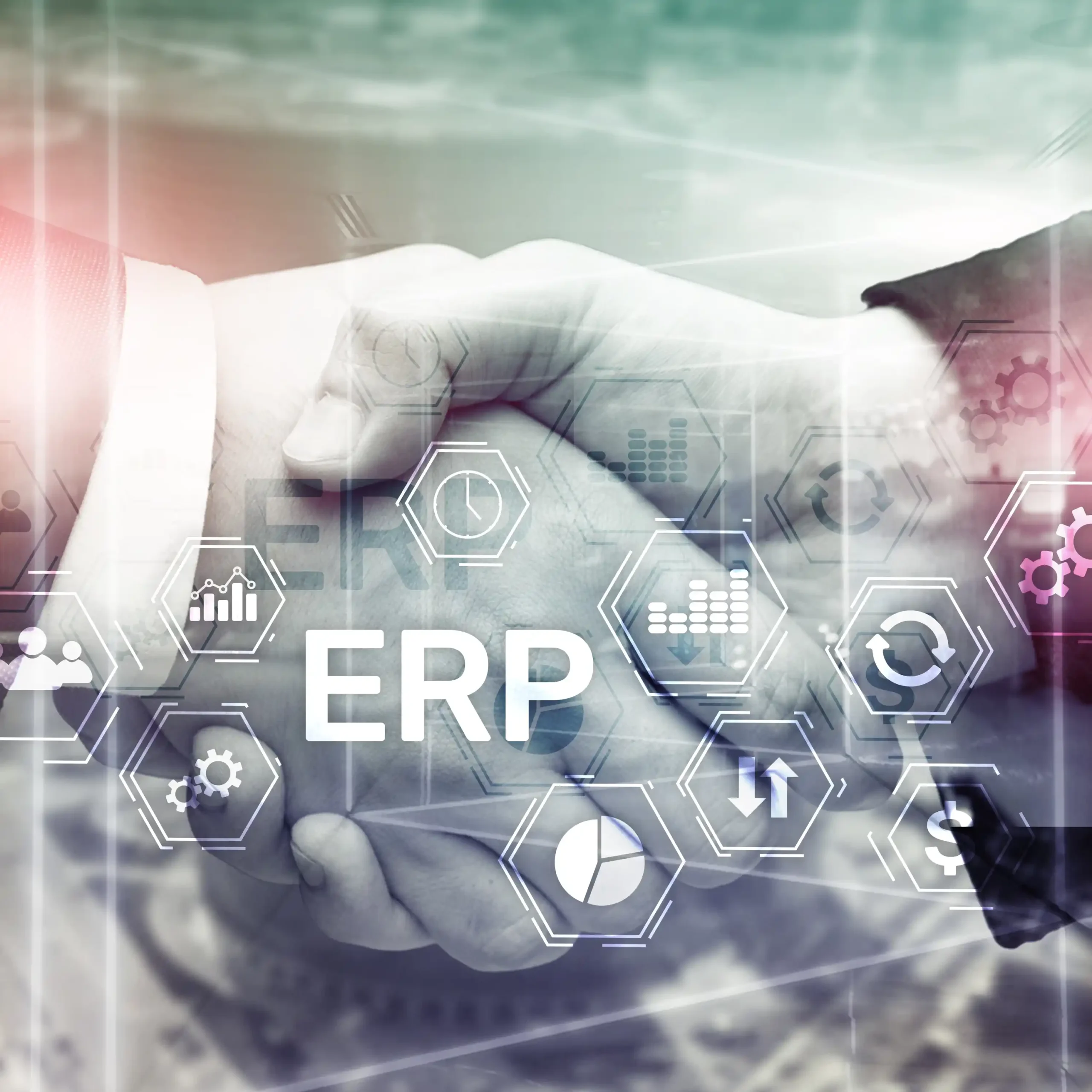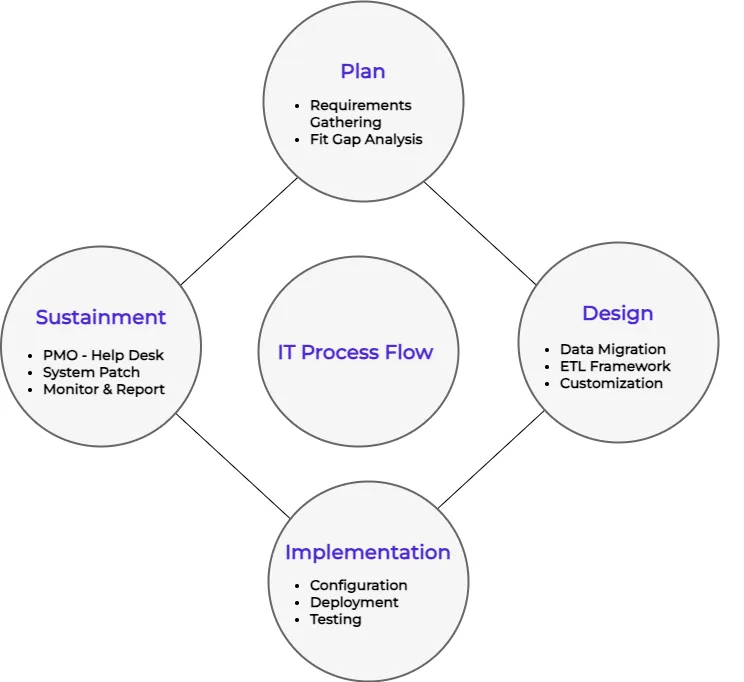Cloud & ERP Implementation
Innovative ERP Solutions
Our team of consultants, each a Subject Matter Expert in their respective fields, leverages a wealth of tools and insights gained from previous implementations to streamline the deployment process and maximize efficiency.
From the earliest stages of development to the final Go-Live phase, we are committed to delivering innovative solutions that meet our clients’ evolving needs and drive tangible results for their businesses.

Innovative ERP Solutions

MTC stands out for its ability to deliver cutting-edge solutions and creative approaches in ERP implementations. With expertise in migrating from outdated legacy software and complex Excel-based systems, we have established a strong reputation for success, guiding projects from initial conception through to full deployment and beyond. Our team of consultants, each a Subject Matter Expert in their respective fields, leverages a wealth of tools and insights gained from previous implementations to streamline the deployment process and maximize efficiency. From the earliest stages of development to the final Go-Live phase, we are committed to delivering innovative solutions that meet our clients’ evolving needs and drive tangible results for their businesses.
Comprehensive Data Governance

Clear policies outline data ownership, access controls, and usage guidelines, ensuring that all stakeholders understand their responsibilities regarding data integrity and security. Robust procedures define processes for data collection, storage, processing, and dissemination, incorporating checkpoints for quality assurance at each stage.
Furthermore, assigning specific roles and responsibilities within the organization ensures accountability for maintaining data quality and compliance with regulatory requirements. Regular audits and reviews are conducted to assess adherence to data governance policies and identify areas for improvement.
By continuously refining and optimizing these frameworks, enterprises can adapt to evolving data landscapes and sustain high-quality data practices that drive informed decision-making and operational excellence.
IT Process Flow

